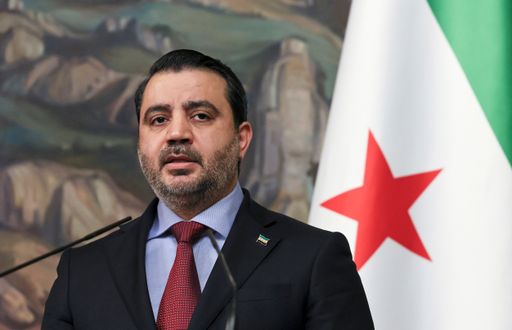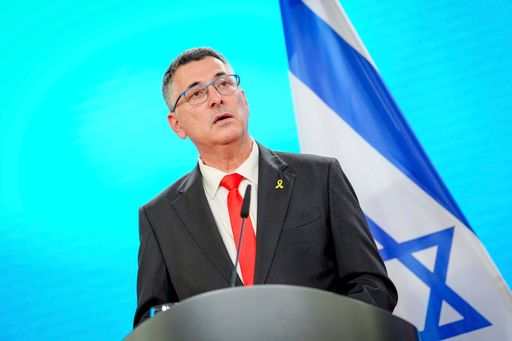Syrian President Ahmed al Sharaa has ruled out joining the Abraham Accords, insisting that his country’s conflict with Israel is fundamentally different from that of other Arab states.
In remarks published by Saudi magazine Al-Majalla, al Sharaa said Syria’s approach is based on “zero problems” with neighbours, but stressed that normalisation with Israel is not on the table.
“The accords were signed with states that had no occupied land or direct conflicts with Israel. Syria’s situation is different; we have the Golan Heights under occupation,” he said.
The Abraham Accords are US-brokered agreements signed during US President Donald Trump’s first term in 2020 to normalise ties between Israel, the United Arab Emirates, Bahrain, Sudan, and Morocco.
The Syrian leader said Damascus’ priority is to revive the 1974 UN-brokered Disengagement Agreement or a similar arrangement to stabilise southern Syria under international supervision.

Seeking stability
Al Sharaa also pointed to his upcoming appearance at the UN General Assembly in New York in September, the first by a Syrian president since 1967, describing it as a sign of Syria’s gradual reintegration into international diplomacy.
“This participation is itself a message Syria is no longer in isolation,” he said, noting that relations have opened in recent years with the US, Türkiye, Saudi Arabia, the UAE, Qatar, and European states.
He emphasised that Damascus is seeking regional stability rather than confrontation.
“Our strategy is to defuse tensions, resolve disputes and focus on reconstruction. Syria will not be dragged into wars,” he said.
Al Sharaa stressed that the wider Middle East “needs a zero-problems approach,” arguing that the war in Syria had destabilised the entire region. He said Damascus now wants to project stability by improving its economy and offering a model of recovery.
The Syrian president said the formation of Syria’s new government carried a message to Lebanon, Iraq and others in the region: “I reject sectarian quotas. What we want is participation and shared responsibility in governing the country, and above all the promotion of citizenship.”
Bashar al Assad, Syria’s leader for nearly 25 years, fled to Russia last December, ending the Baath Party regime, which had been in power since 1963. A new transitional administration led by al Sharaa was formed in January.




















